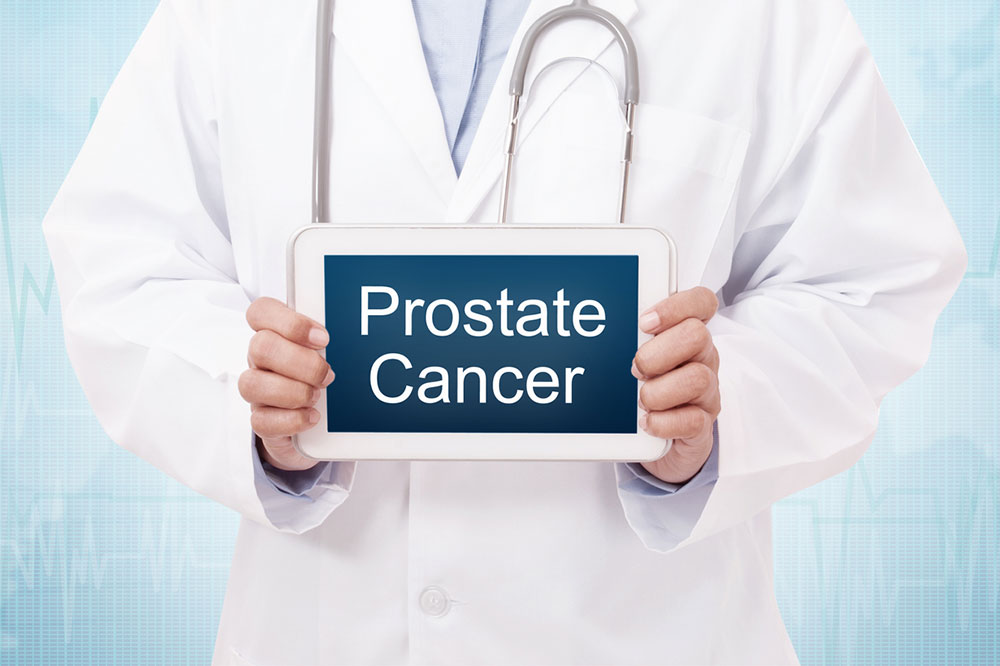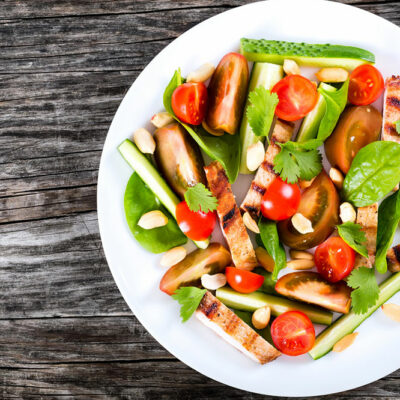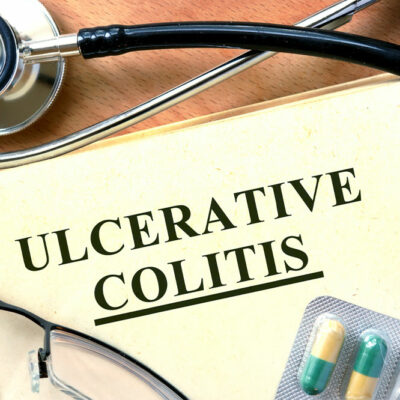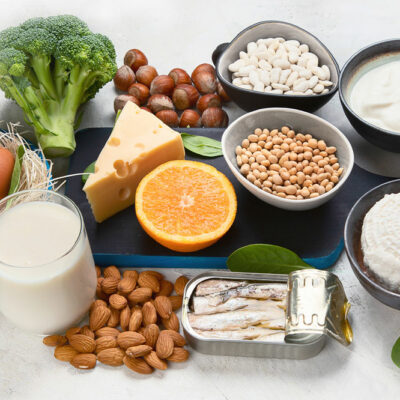
Prostate Cancer and Nutrition – Things to Know
Prostate cancer can be attributed to one’s lifestyle, but a few factors can be modified. If one has prostate cancer, the food they eat can affect how the cancer progresses. To prevent or slow down the progression of cancer, it is important to get enough vitamins and minerals through a balanced meal plan. Prostate cancer and nutritional deficiency are linked, and fats can cause changes in DNA, increasing the risk for cancer.
1. Low levels of Vitamin D can cause prostate cancer
Research suggests that vitamin D deficiency can be a risk factor for prostate cancer. Sunlight and some foods are excellent sources of vitamin D. Foods rich in vitamin D include wild salmon, cod liver oil, and eggs. Most often, people who are at risk of vitamin D deficiency are those who wear full-length clothing to avoid the sun. Older people also have low levels of vitamin D, and the need increases after the age of 50. Men over 50 should take a supplement of 400 IU to decrease their risk.
2. Eat more fruits and vegetables
A diet high in fruits and vegetables has been shown to reduce the risk of prostate cancer and nutrition deficiency. A variety of fruits and vegetables contain vitamins, minerals, and fiber. They also contain various cancer-fighting phytochemicals, such as carotenoids, lycopene, and flavonols. Include broccoli, cauliflower, cabbage, kale, tomatoes, berries, and pomegranate in meals to prevent or slow cancer progression.
3. Eat foods high in fiber
A diet high in natural fiber may also help reduce cancer risk and risk of prostate cancer progression. Fiber is found naturally in fruits, vegetables, legumes, and whole grains. To prevent nutritional deficiency, it is ideal to eat foods rich in fiber.
4. Consume omega-3 fatty acids
According to various studies, being deficient in omega-3 fatty acids can cause an increased risk of prostate cancer. Some of the sources of omega-3 fatty acids include salmon, tuna, trout, herring, and sardines. These foods provide good fats to the body that will not trigger inflammation. Consume fish at least twice a week to obtain an adequate amount of omega-3 fatty acids.
5. Calcium
Calcium is essential for the body and helps keep bones strong and healthy. However, a high intake of dairy products is also related to an increased risk of prostate cancer. Reducing the consumption of dairy products like milk, cheese, and yogurts will help reduce the risk.
6. Choose foods instead of vitamin or mineral supplements
Dietary supplements are not always safe. To prevent prostate cancer, eating healthy meals is enough for most people to get the essential vitamins and minerals.
For prostate cancer prevention and treatment, a well-balanced meal plan should be coupled with regular exercise for healthier living.


